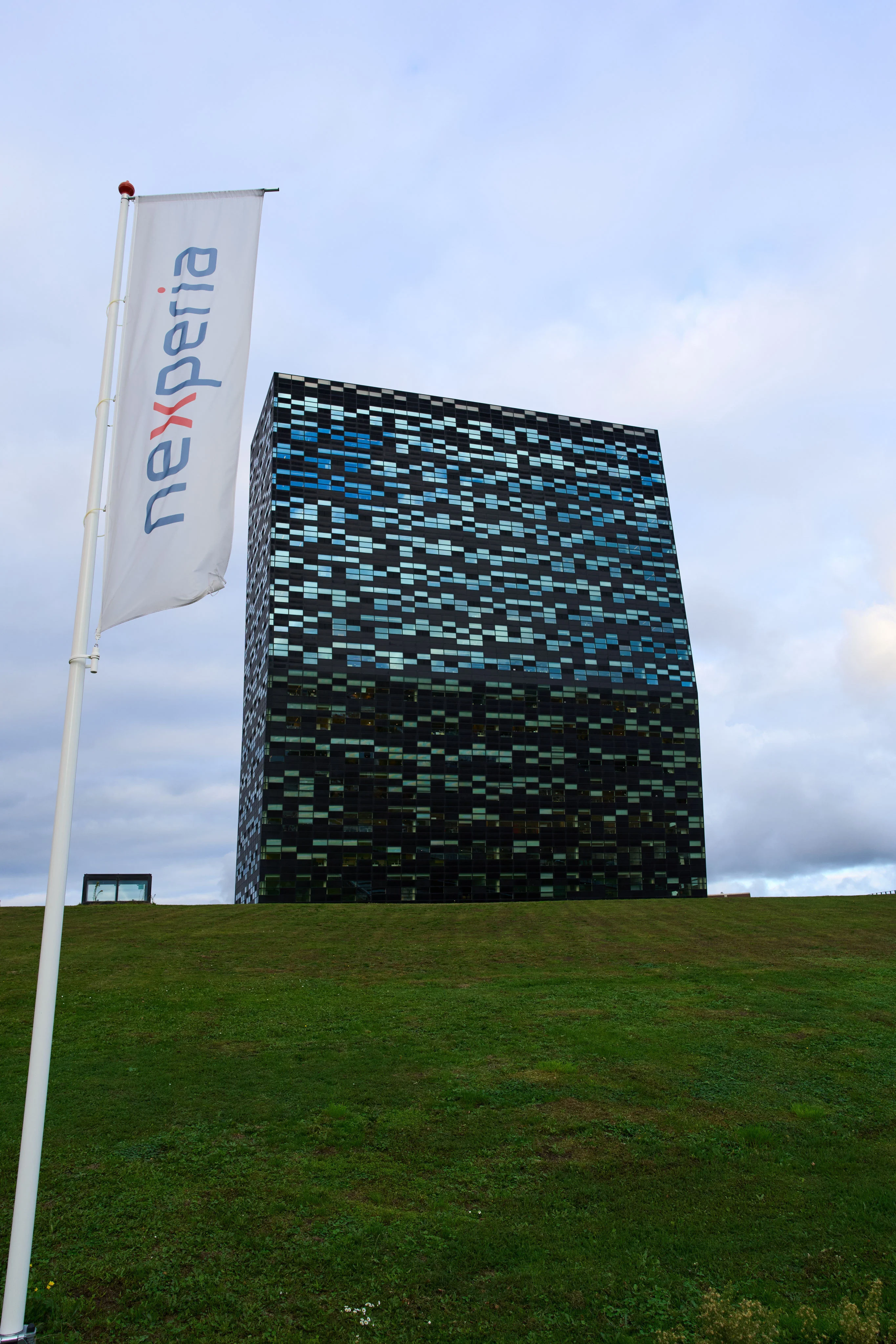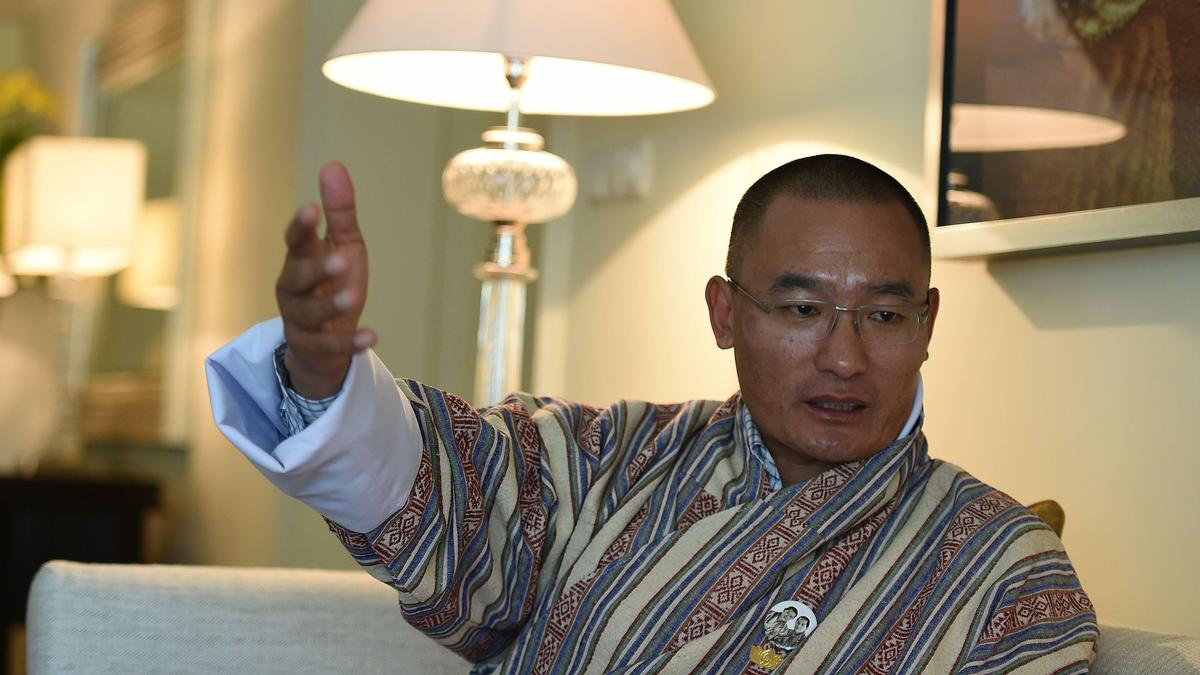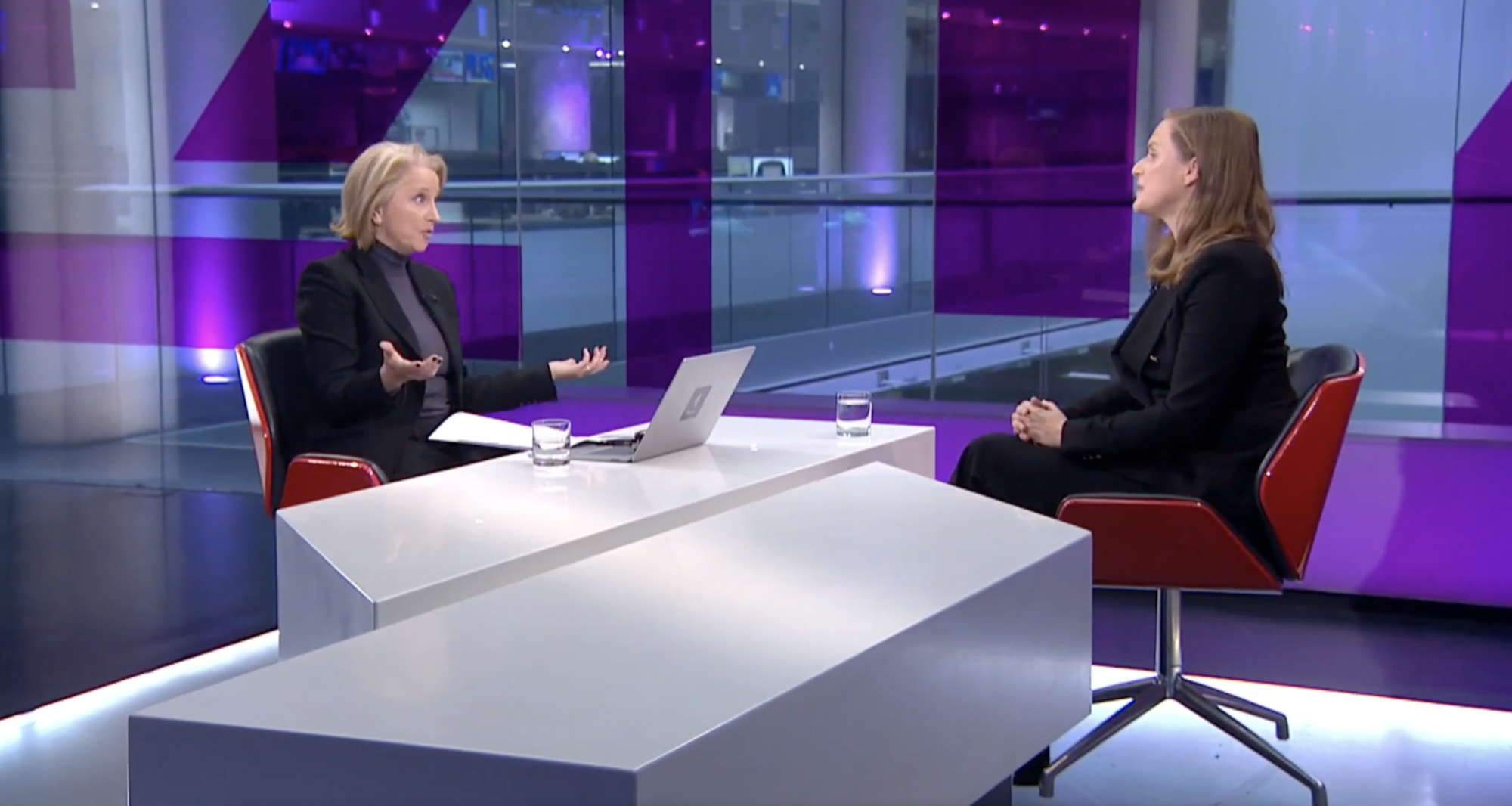Copyright scmp

The geopolitical tussle over Dutch chip firm Nexperia has exposed Europe’s increasingly precarious position: stuck in the middle of an intense US-China rivalry and unable to satisfy both sides at once, Dutch analysts said. The only way out is for Europe to boost its strategic autonomy from both powers as soon as possible, they added. Rising tensions between China and the United States have placed Europe in an almost impossible situation, as the US remains the continent’s main security provider while China is its biggest trading partner, according to the analysts. “There’s very little that Europe can do actually, because whatever you do there will be damage,” said Frans-Paul van der Putten, founder of Dutch consulting firm ChinaGeopolitics. “That is the core of the problem: you will damage your security or your economic position, or both.” The Dutch government took the highly unusual step of seizing control of Nexperia from its Chinese owners on September 30, citing national security concerns and invoking a law that had been sitting idle since 1952. The move raised serious concern in China and led Beijing to place export controls on certain components made by the firm’s China unit in response, threatening to disrupt the supply chains of European carmakers that rely on Nexperia’s products. Though The Hague has insisted it did not act due to US pressure – with officials stating the fact the seizure happened a day after Washington widened its trade blacklist was “absolutely” a coincidence – some analysts remain suspicious. “It’s absolutely not a pure coincidence, I don’t believe that at all,” van der Putten said. While it was probably true that the Dutch government had not been directly in touch with the US government – or any other government – before it took the decision, the US was a major factor behind the move, he added. Benedetta Girardi, a strategic analyst at The Hague Centre for Strategic Studies, agreed the timing was not a coincidence. She said escalating US-China tensions were one of three main factors behind the Netherlands’ decision – the other two being the mismanagement of Nexperia’s former CEO, Zhang Xuezheng, and the European Union’s increasing emphasis on strategic autonomy. European countries are increasingly realising there is little escape for them amid rising tensions between China and the US, according to Girardi. For Europe, this is not only about China, but the US as well, especially since Donald Trump was elected Alexandre Ferreira Gomes, researcher Still, the way the Dutch government wrested control of Nexperia – which it did by enacting a law originally designed only to be used in a wartime context – took many analysts by surprise. “It’s something that must be seen in the overarching geopolitical story around semiconductors,” said Alexandre Ferreira Gomes, a research fellow at the Clingendael Institute, a Dutch think tank. “It’s surprising how it happened, by using a law that had never been really used in the past.” The decision was especially striking given the Netherlands’ reputation for being a liberal-minded and trade-focused economy, Girardi pointed out. “It is an approach by the Dutch government that I hadn’t seen before,” van der Putten said, adding that The Hague’s decision to take such an action could have important consequences for the Sino-Dutch relationship. Given the sensitivity of the semiconductor sector – where China faces tightening US export controls – and the way the takeover took place, analysts agreed that Beijing’s reaction was understandable. “China could have reacted a lot worse than it did,” Girardi said, adding that China could not afford to show weakness in such a strategically important industry. It is normal for China to be suspicious of American influence or involvement given the circumstances, according to Girardi. “If the reverse had happened, the US would have been suspicious of Chinese involvement as well,” she said. For countries across Europe, the Nexperia case has underlined their vulnerability in a world of rising geopolitical tensions. The European Union needed to stick together and rethink its strategy to navigate this new reality, analysts said. “For the EU, this is not only about China, but the US as well, especially since Donald Trump was elected” as president, Gomes said. With Brussels and Beijing now in direct talks to resolve the Nexperia dispute, the incident has shown that such issues should be handled at the European rather than national level if Europe wants to be a truly independent geopolitical player, according to Gomes. Yet, even Europe as a whole remained vulnerable due to its dependencies on both the US and China, he added. “Being sovereign is about being able to make one’s own policy choices,” Gomes said. “And sometimes Europe faces pressures from different sides that make the options a bit more limited.” The point resonated with van der Putten, who said the old Dutch and European model of trying to find solutions that could please both Beijing and Washington was becoming increasingly unworkable. Before the takeover, the Dutch government was trying to build a mechanism that would allow Nexperia to remain owned by the Chinese chip firm Wingtech but give The Hague more control, according to van der Putten. The hope was that this would allow the firm to stay under Chinese ownership and off Washington’s trade blacklists. “It seems to me very desperate to think that this could be the solution,” van der Putten said. The picture that emerged from the Nexperia case was of Europe struggling to defend its trade ties with China amid US pressure, van der Putten said. “Generally in these instances the US can put so much pressure on European companies and European governments that they will largely get what they’re aiming for,” he said. For van der Putten, Europe needs to act quickly to be more unified and autonomous if it does not want to be torn apart in the struggle between China and the US. “The situation is really very urgent,” he said. “It’s not something that needs to happen like 15 years from now. It really needs to happen within the next few years.”



